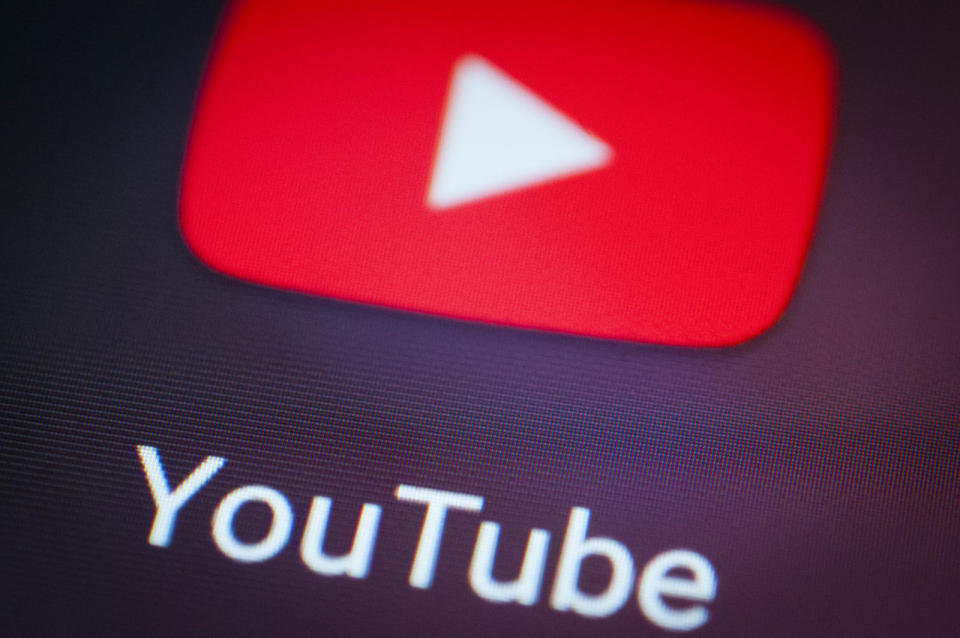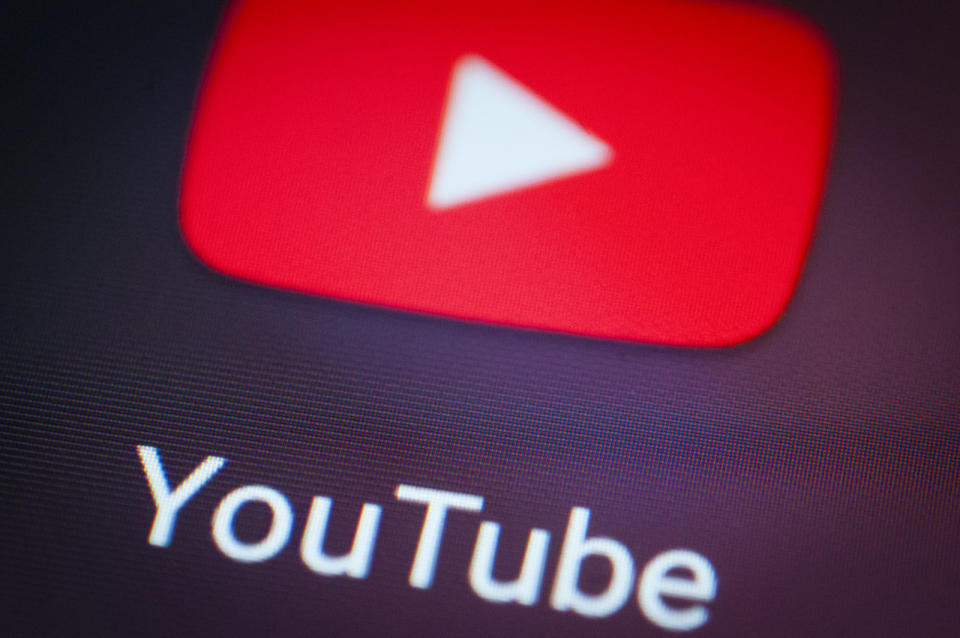Advertisers pull out of InfoWars' YouTube channels
Once again, brands didn't realize they ran ads next to offensive material.
Brands are once again beating a hasty retreat after learning that they were running ads on objectionable YouTube channels. Several big brands (including Acer, Alibaba, Fox, Nike and Paramount) have suspended ads from InfoWars' channels after CNN demonstrated that their commercials were streaming on the conspiracy-peddling network's videos. The companies said they were not only unaware of the placement, but in numerous cases had set up exclusion filters to avoid displaying ads against content like this. Some also said they explicitly blacklisted InfoWars channels, but didn't realize how many channels the company actually had.
The exposé even caught the non-profit USA for UNHCR inadvertently running ads on InfoWars, and it's going one step further by pulling all ads from YouTube. It and other organizations are asking if they can recoup the advertising money they spent on InfoWars' channels.
We've asked Google if it can comment on the findings. In a statement to CNN, a YouTube spokesperson declined to address how InfoWars slipped through the cracks of the sensitive subject filter and instead portrayed itself as striking a balance. It vows to "uphold free expression" even when it disagrees with ideas, but added that it doesn't allow ads on videos covering "sensitive and tragic events." InfoWars frequently promotes widely discredited conspiracies around such events, including the Parkland and Sandy Hook mass shootings.
The discovery and subsequent response highlight the ongoing challenges YouTube and some other ad-dependent services face. It's impractical for them to require manual approval for ads, but that automation also leads to offensive material slipping through the cracks -- not to mention debates over what "offensive" really means. YouTube's recently instituted policy on objectionable content helps, but it's clear the system still has some inconsistencies.
Comments to this article were available for the first 24 hours after publication only, and have since been closed.


